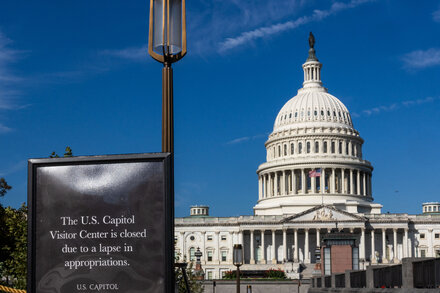The summer of 1970 marked a pivotal moment for American healthcare as the Young Lords Party occupied Lincoln Hospital in the South Bronx. This audacious takeover fundamentally redefined the nation’s approach to addiction, shifting it from a criminal justice issue to a public health concern.

The summer of 1970 marked a pivotal moment in American healthcare history, as the Young Lords Party, a Puerto Rican civil rights organization, occupied Lincoln Hospital in the South Bronx. This dramatic takeover, driven by demands for better healthcare for marginalized communities, particularly redefined the approach to addiction treatment in the United States, shifting it from a purely criminal justice or moral failing perspective to a public health concern.
At the time, the South Bronx was grappling with severe poverty, neglect, and a burgeoning heroin epidemic. Lincoln Hospital, intended to serve the community, was plagued by dilapidated conditions, insufficient staffing, and a stark lack of culturally competent and adequate care. Addiction was often treated with punitive measures or inadequate detoxification programs, with little consideration for long-term recovery or patient dignity.
On July 14, 1970, members of the Young Lords Party, supported by community residents and sympathetic medical staff, seized control of the hospital. Their demands were comprehensive, including patient rights, improved sanitation, increased staffing, and crucially, a 24-hour detox clinic that utilized methadone, a then-controversial but effective treatment for opioid addiction. They also advocated for community control over hospital services, arguing that the people most affected should have a say in their healthcare.
“We saw addiction not as a crime, but as a disease that needed humane, medical attention,” recounted Iris Morales, a former Young Lords member, reflecting on the period. “The existing system was failing our people, and we believed community-led solutions were the only path forward. Our insistence on methadone treatment, when many just wanted to lock people up, was revolutionary.”
The occupation, which lasted for several hours before authorities retook the hospital, brought national attention to the deplorable conditions and the Young Lords’ radical proposals. While the direct occupation was short-lived, its impact resonated far beyond. The city and hospital administration were pressured to address many of the demands, leading to immediate improvements and, significantly, the establishment of more robust and accessible addiction treatment programs.
Transforming Addiction Treatment
The Lincoln Hospital takeover helped galvanize a broader movement for patient advocacy and community-based healthcare. It challenged the prevailing narrative of addiction, pushing for a medical model that recognized the complex socio-economic factors contributing to substance use. The Young Lords’ advocacy for methadone treatment helped normalize its use and paved the way for other medication-assisted treatments (MAT) that are now considered standard practice in evidence-based addiction care.
“The Young Lords’ actions at Lincoln Hospital were a watershed moment,” stated Dr. Eleanor Vance, a public health historian. “They forced a re-evaluation of how society viewed and treated individuals struggling with addiction. Their legacy is evident in the shift towards treating addiction as a chronic illness requiring integrated care, rather than a moral failing deserving of punishment. It laid groundwork for patient-centered approaches and health equity in addiction services that continue to evolve today.”
The event highlighted the critical need for culturally sensitive care and the empowerment of marginalized communities in shaping their health outcomes. It contributed to the rise of community health centers and patient rights movements, influencing healthcare policies across the nation.
In the decades since, the principles championed by the Young Lords—access to humane care, community involvement, and the recognition of addiction as a public health issue—have become foundational elements of modern addiction treatment philosophy. While challenges remain in ensuring equitable access to care, the audacious actions at Lincoln Hospital undoubtedly reshaped the conversation and treatment paradigms for addiction in America.
Source: Read the original article here.





